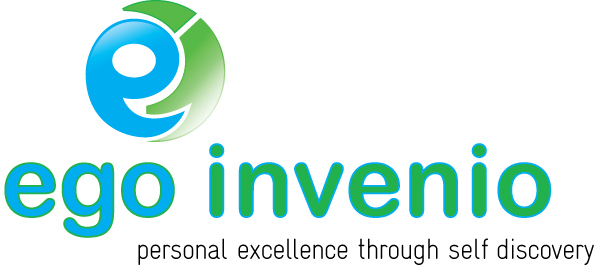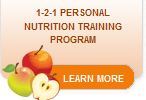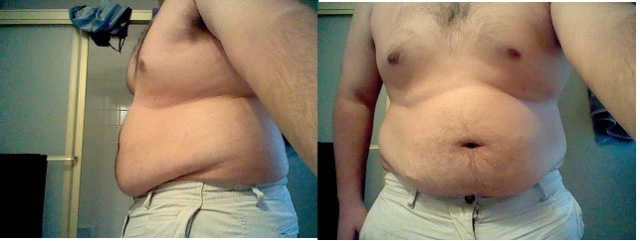Vegetarian question.
Question
Hello. I am 23 years old, and ride the bike to wherever I go, so that should be around an hour per day. The rest of the day I watch movies, write, study. I stopped eating meat about six months ago, although because of a warning by a friend, I kept eating chicken every two days (he warned me about not getting enough protein and the dangers that come with that). I must add that I am in China. Currently I eat two times per day. Eggs, tofu, vegetables. and fruits. For example, today I ate some tofu with cucumber, onions and a little oil and three fried eggs for my first meal around 2pm (I wake up at 11am). I drank some pineapple yoghurt juice at about 6pm. Then I had a quarter of a watermelon for supper. Just wanted to hear what you thought about this, and if you had some online resources for starting to educate myself about nutrients, etc.
Thanks.
Hi Fernando,
Eating only twice daily is not very good to maintain strength and a strong metabolism or immune system. Food is your body's fuel and I would say that most of us need more than two meals each day. Different sources advocate from three to six meals a day, as you increase your eating frequency your calories per meal will naturally be less. Eating at least three decent meals with small healthy snacks between is a good starting point, try it for a month and see how you feel then experiment with increasing meal frequencies. You should notice an increase in energy and metabolism.
You can get all the protein you require (around 55-65 grams US standards) while eating a vegetable based diet. Three eggs only offer about 18-20 grams and an ounce of tofu around 5 grams. A half-cup yogurt contains about 5-9 grams depending on the brand. You must be more conscious of what you eat as a vegetarian to make sure you get ample protein. Try adding legumes and nuts/seeds to your daily diet. Fish is also a healthy choice and it is high in protein, in fact a 5 oz piece of haddock offers around 20-25 grams of protein. Getting adequate protein in your diet is important, as is fat consumption. Both are important for nerve health, immune function, hormone function and tissue maintenance. Nuts and seeds, and many types of fish (especially salmon) offer healthy oils and protein.
Keep focusing on vegetables and some fruit as they will be your main energy, mineral, vitamin, and phytonutrient sources. In fact the USDA now recommends 9-13 servings a day.
I became a vegetarian about 10 years ago. I started out similar to you but as I became more educated about food I greatly modified my daily diet. From your example I can say you probably aren't eating enough food. Try nutritiondata.com for a great on-line source of foods and nutrients as well as links to other food based sites. Power Foods by Stephanie Beling, M.D. is a great book that will get you started on healthy meal planning. You might also try vegetarian cookbooks on-line.
Thank you,
Dan Haley
- Prev:What Diet is Right
- Next:Vegetarian nutrition.
Related Articles
-
Foods that make you sleep
QuestionThis afternoon, I had a McDonalds Filet o Fish, one third
-
juice plus
Question------------------------- Followup To Question - -----
-
Could this be my diet?
QuestionHello, My name is Rosemary and I am 67 years old. F
-
Digestion-or lack of
QuestionIain At 55 years old I find I cant eat a lot of what I us
-
Exercise and weight loss
QuestionHi, I am a 17 year old girl, about 165-170 pounds, 56, an
-
Diet, Nutrition, and Fitness
QuestionI am 510 and weigh about 150 lbs. I am pretty fit a




